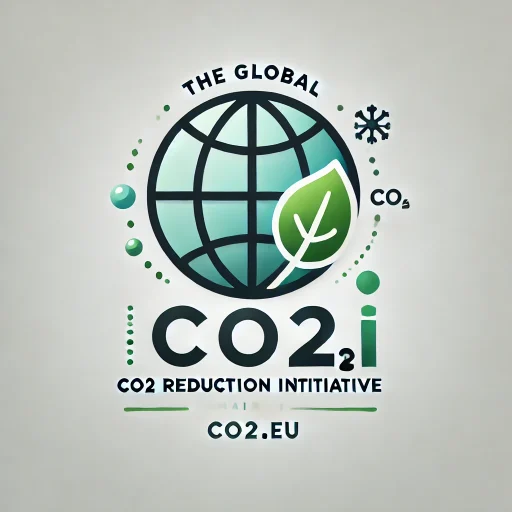Carbon Reduction Activities in Europe: September 01-07, 2025
Executive Summary
The European Union continues to advance its climate action strategy by setting ambitious targets and exploring flexible mechanisms. Recent initiatives focus on balancing environmental sustainability with economic growth, ensuring a resilient and competitive future for Europe. These efforts are part of the EU’s broader strategy to achieve climate neutrality by 2050.
Introduction
During the first week of September 2025, the European Union (EU) announced several key initiatives aimed at reducing carbon emissions. These efforts are part of the EU’s broader strategy to achieve climate neutrality by 2050, as outlined in the European Green Deal and the European Climate Law. This report provides a comprehensive overview of these activities, highlighting key developments and their implications for Europe’s climate action strategy.
Key Developments
2040 Emission Reduction Target
The EU has set a new emissions reduction target for 2040, aiming for a 90% reduction in greenhouse gas emissions compared to 1990 levels. This target is part of the EU’s commitment to achieving climate neutrality by 2050. The proposal includes the use of international carbon credits, allowing member states to count carbon reductions from non-EU countries towards their targets. This approach is designed to provide flexibility and support economic growth while maintaining environmental goals.
Debate on Carbon Credits
The inclusion of international carbon credits in the 2040 target has sparked debate among environmental groups and policymakers. While some view it as a necessary flexibility to achieve ambitious targets, others are concerned about the potential for undermining domestic emission reduction efforts. The EU has emphasized the need for strict criteria to ensure the environmental integrity of these credits.
Member State Reactions
The proposal has sparked debate among EU member states. Some countries, such as the Czech Republic, view the 90% target as unrealistic, while others, like Italy and Hungary, are concerned about the economic impact of decarbonizing heavy industry. France has expressed doubts about the feasibility of reaching the target and seeks guarantees for the decarbonization of industry and support for nuclear energy.
Conclusion
The EU’s recent announcements underscore its dedication to leading global climate action. By setting ambitious targets and exploring flexible mechanisms, the EU aims to balance environmental sustainability with economic growth, ensuring a resilient and competitive future for Europe.


Recent Comments